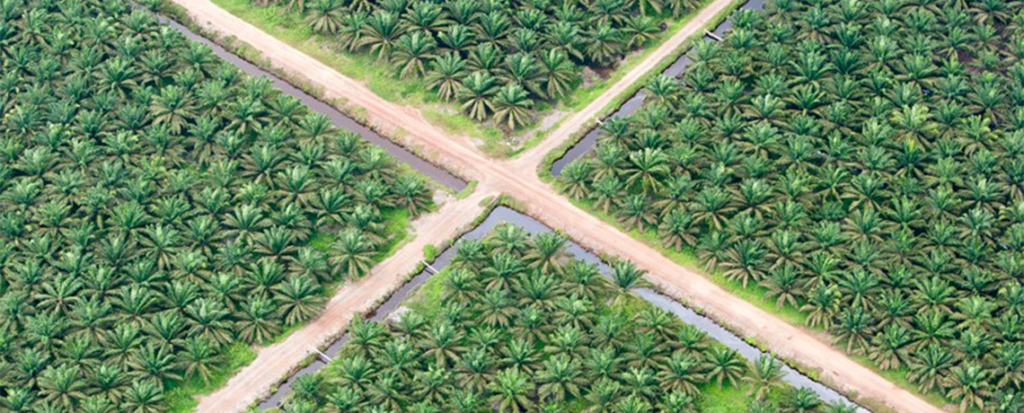 New report reveals connections between the snack food giant and major importers of palm oil connected to environmental and social scandal
New report reveals connections between the snack food giant and major importers of palm oil connected to environmental and social scandal
San Francisco, CA – A new report released today by Rainforest Action Network (RAN), titled “Profits over People and the Planet, Not ‘Performance with Purpose’; Exposing PepsiCo’s Real Agenda,” reveals new connections between the snack food giant and the six biggest importers of palm oil into the US––each importer associated with environmental and social scandal, despite all having made commitments intended to address conflicts in their supply chains.
The report provides new, hard-sought Indonesian customs export data showing that, as recently as November 2016, one of PepsiCo’s suppliers was shipping palm oil into the US from ports and refineries known to be sourcing palm oil from companies destroying the globally vital Leuser Ecosystem. The report also finds that PepsiCo knowingly continues to source its palm oil from suppliers with documented child labor, worker exploitation and land rights abuses on their plantations. The report links PepsiCo’s consumers and financial backers to these egregious labor and human rights abuses, and to the ongoing destruction of the last place on Earth where Sumatran elephants, rhinos, tigers and orangutans live together in the wild.
“We’ve seen PepsiCo release its so-called sustainability agenda for 2025, in which the company claims it will deliver improved health and well-being through the products it sells, but the fact remains that PepsiCo peddles Conflict Palm Oil today,” said Gemma Tillack, Agribusiness Campaign Director for Rainforest Action Network (RAN). “PepsiCo has a moral obligation to confront the fact that the Conflict Palm Oil currently in its supply chain, and possibly in hundreds of its products the world over, is in fact deadly for people and the planet.”
The report reveals emerging trends toward an increase in palm oil imports to the US from Indonesia in general, and provides some shocking facts about PepsiCo’s palm oil use specifically, including the fact that the company continues to ignore a loophole that excludes its joint venture partner Indofood from PepsiCo’s palm oil policy. PepsiCo has continued its partnership with Indofood without consequence, despite substantial documentation of Indofood’s involvement in deforestation and human rights abuses, including use of child labor and land rights conflicts. Others with exposure to Indofood, including the Norwegian Pension Fund––the world’s largest sovereign wealth fund––have begun to pull their financing from the company due to these risks.
The report names the top financial individuals and institutions, including major institutions like Vanguard, BlackRock, Bank of America, JP Morgan Chase and TIAA, that are backing and profiting from PepsiCo’s use of Conflict Palm Oil, exposing investors to increasing environmental, social and governance risks given the delays in reforming its palm oil supply chain.
This latest report follows an earlier report released this week by RAN, which exposed a catalogue of deforestation and human rights violations that some of the world’s biggest banks and investors are financing through the operations of 8 major forest-risk commodities companies in Southeast Asia. Many of the banks, investors and companies profiled in RAN’s previous report also have connections to PepsiCo.
In response to the findings in each of these reports, and as part of an ongoing public campaign against PepsiCo, activists confronted its CEO Indra Nooyi this morning, interrupting her as she attempted to give a speech at The Beverage Forum conference at the Westin Hotel in Chicago, Illinois.
Activists took the stage and held up banners in front of a surprised Ms. Nooyi, while others deployed sound recordings to disrupt the keynote conference speaker and call attention to the child labor, human rights abuses and deforestation in PepsiCo’s supply chain.
“This is all happening a week before PepsiCo’s top executives and investors gather for the company’s annual general meeting,” said Tillack. “The company has a choice. Will it continue to expose its consumers and investors to child labor and rainforest destruction? Or will it finally commit to putting people and the planet ahead of profits?”
